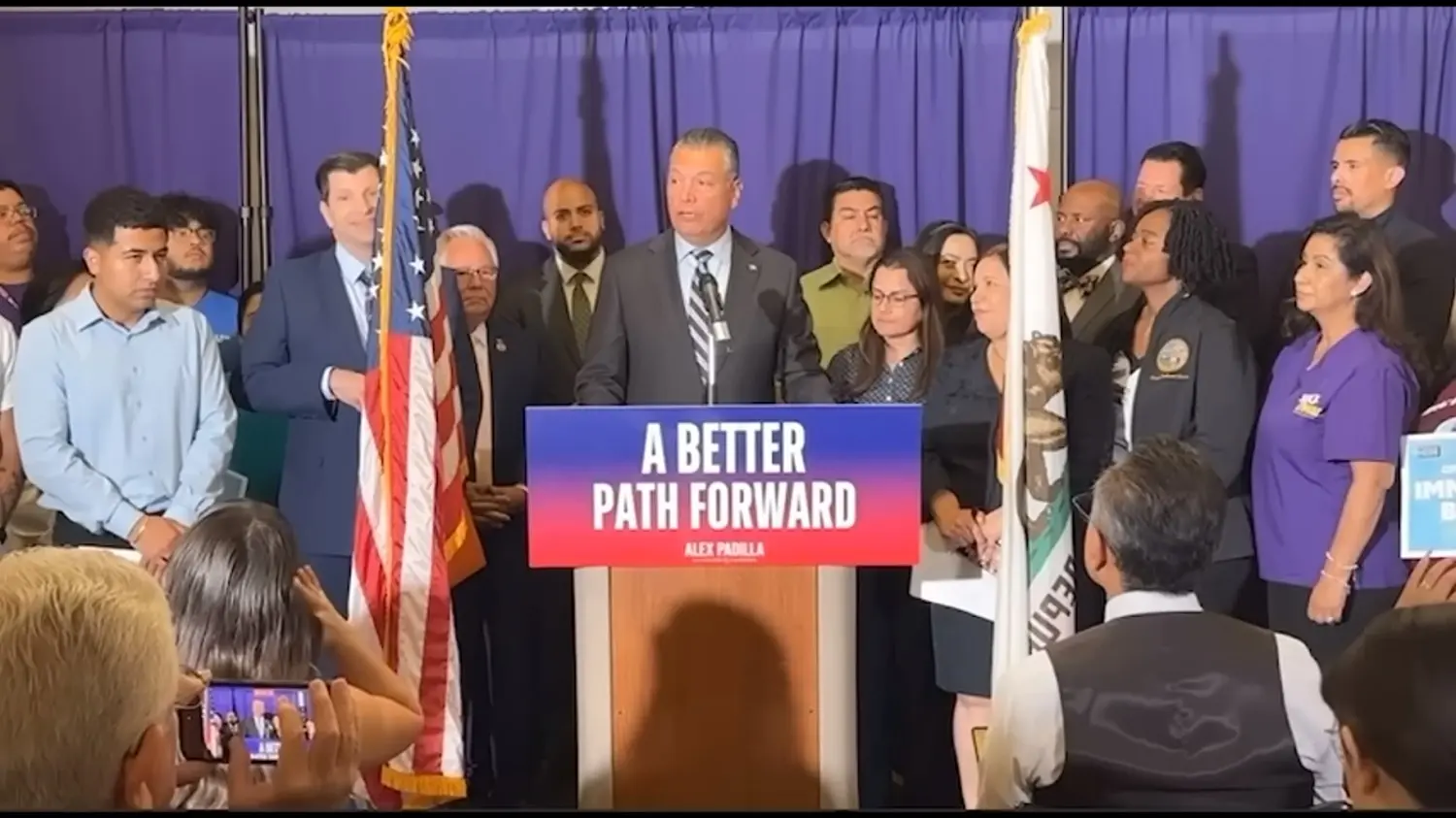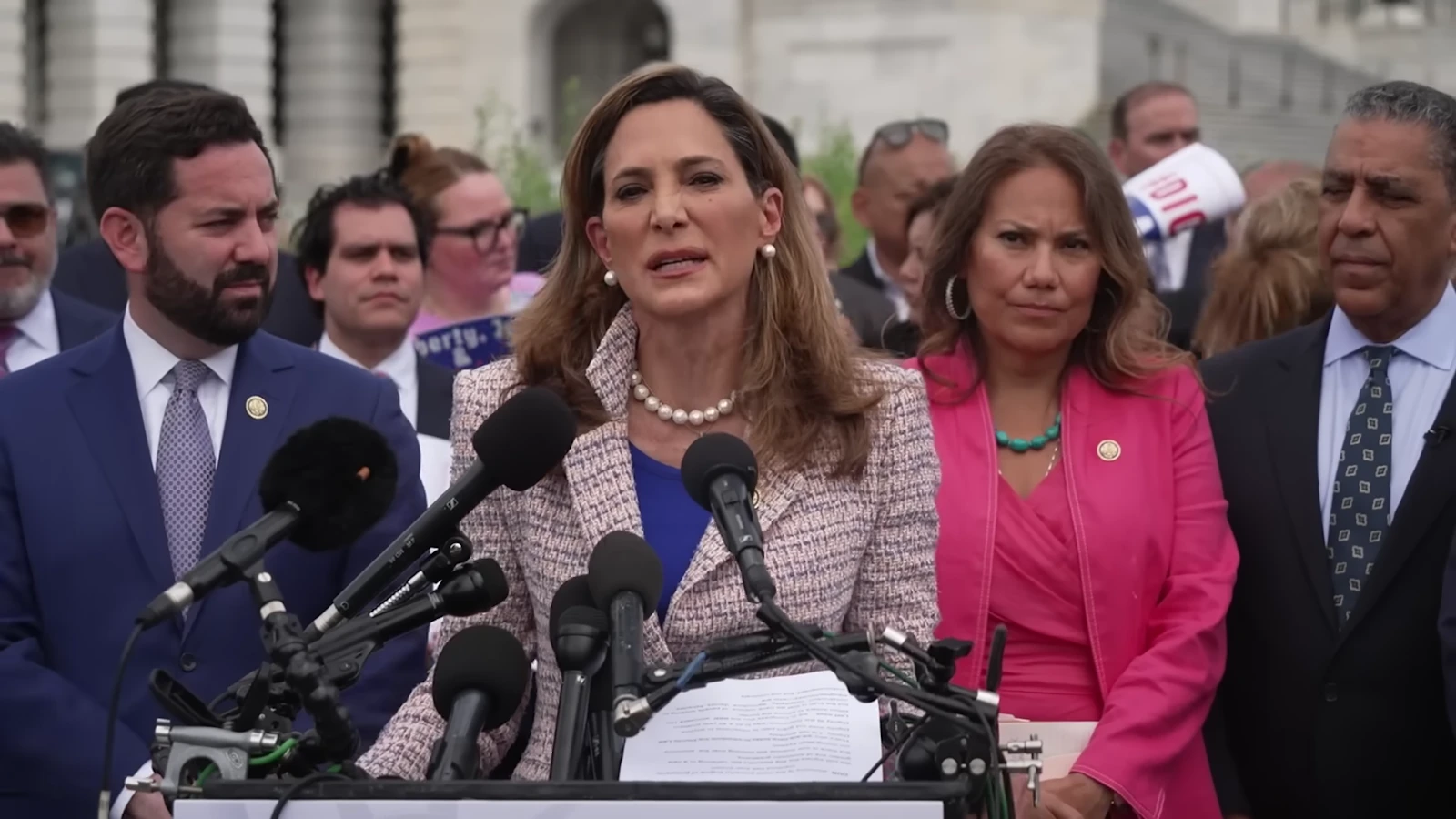Proposed Bill to Shorten Residency Requirement for Green Cards
On July 25, Senator Alex Padilla (D‑California) introduced legislation to modernize the almost century-old Immigration Act of 1929 ("Registry Act"). The bill would reduce the minimum continuous residence required to apply for lawful permanent residency from 10 years to 7 years, and empower judges to consider family hardship — such as U.S. citizen children — when adjudicating cases.
Padilla noted that roughly 11 million undocumented immigrants currently lack a clear path to legal status, and the proposal aims to bring long-standing residents into formal recognition. Officials notably highlight support from community and advocacy groups, though critics warn it could conflict with existing immigration caps and enforcement priorities.
While the bill faces significant hurdles in a Republican-controlled Congress, its introduction represents a growing bipartisan interest in reforming family-related immigration barriers. Legal experts suggest the measure could offer relief for mixed-status families who often live in legal limbo — especially parents with U.S.-born children — but its success depends on continued political momentum and negotiation in both chambers.
USCIS Family-Based Petition Backlogs Hit Record Levels
New government data from USCIS shows more than 11.3 million pending cases as of mid-July, the highest backlog in the agency’s history. Processing activity slowed in Q2 FY2025, with fewer completions than in the previous quarter. Among the most impacted are family-based applications like Form I‑130 and Form I‑485, which make up a substantial portion of the caseload. A significant number of cases are aging beyond six months, with many applicants facing delays of a year or longer. These setbacks continue to hinder family reunification, disrupt legal status transitions, and erode trust in the immigration process.
However, the American Immigration Council notes a glimmer of progress: for the first time in several years, USCIS reduced its overall pending caseload by about 15,000 cases in Q1 2025 — a modest but encouraging shift. Analysts credit the agency’s recent efforts to digitize workflows, expand online filing options, and reassign staff toward bottlenecked categories.
Despite these steps, families still experience increased uncertainty, particularly when U.S. citizens sponsor spouses, children, or elderly parents. Immigration lawyers stress that while reforms are underway, the current backlog reinforces the importance of filing correctly and early, and exploring alternative legal options when available.
The August 2025 Visa Bulletin
The August 2025 Visa Bulletin shows modest forward movement for certain family-based preference categories. In particular, F-2A (spouses and minor unmarried children of permanent residents) advanced by one month across all nationalities, providing new filing opportunities for some applicants. Additionally, the F-4 sibling category made incremental gains for countries with high demand, such as India and China, moving forward by three to four months. However, most other family preference groups remain largely static and oversubscribed.
USCIS has confirmed it will continue using the Dates for Filing chart for family-sponsored filings in August, allowing some applicants to submit adjustment forms earlier than otherwise allowed. Despite these limited advances, the vast majority of families remain stuck in processing queues with no significant relief in sight.












